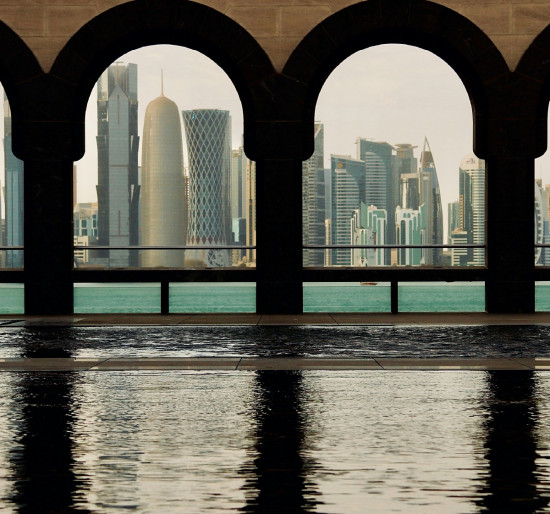Marex completes first Middle East ports project
4th December 2024Aberdeen-based risk management specialist Marex has successfully completed its first major project in Qatar.

The team has been testing emergency response preparation at two of the nation state’s main ports for QatarEnergy. The year-long project examined emergency response plans (ERPs) around two ports in Ras Laffan and Mesaieed.
The Marex team conducted workshops and scenario planning, developing ERPs aligned with international standards and the operator’s own internal management systems. Twelve credible emergency scenarios were identified and addressed along with a catalogue of hazard types, and a full programme of training was rolled out to port personnel.
Managing director Wayne Henderson said: “The QatarEnergy project played to key specific areas of expertise for us, using both our ports and marine experience as well as our in-depth understanding of risk management.
“We delivered a comprehensive study that evaluated and improved QatarEnergy’s ability to manage significant marine incidents, such as vessel fires, collisions and environmental hazards, given the increased shipping activities driven by their expanding operations.
“From working at the strategic level of developing plans through to the training of port teams, the procedures are now in place that ensure the organisation’s capability to respond effectively to a major marine emergency.
“This is an important moment for Marex, as we continue to pursue more international opportunities and create a balanced business model.
“More than a third of our work is now in the international market: it’s an important area of growth for us. Embracing these opportunities and internationalising a business is what will provide significant and sustained international growth for us.”
Ras Laffan is located around 80km north of Qatar’s capital Doha in the Arabian Gulf and is the state’s main liquefied natural gas (LNG) production site. Mesaieed Port is situated on the east coast of the Qatar peninsula, around 45km south of Doha.
QatarEnergy’s ambitious plans to boost liquefied natural gas (LNG) production means there will be many more and larger vessels in operation around the nation state’s ports. The overall objective was to determine QatarEnergy’s capability to respond to a catastrophic marine emergency incident, with the scope subsequently expanded to include delivering a salvage study with mitigation actions.
The project was delivered in partnership with Qatar-based Sea Horizon Offshore Marine Services and Nimble Legal.









